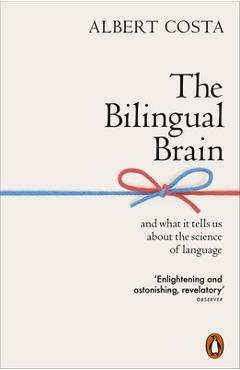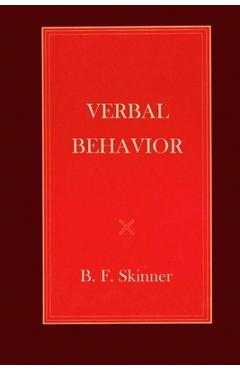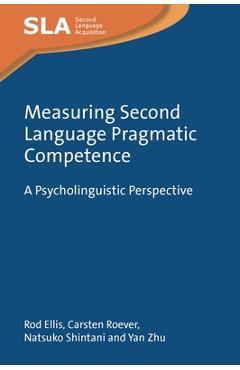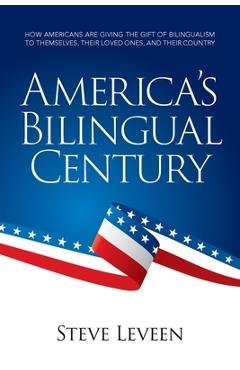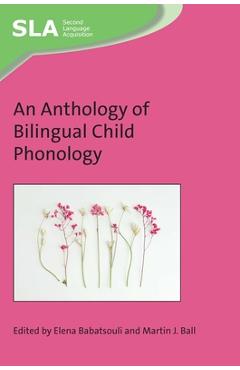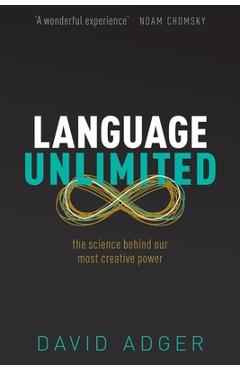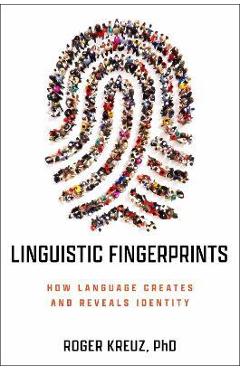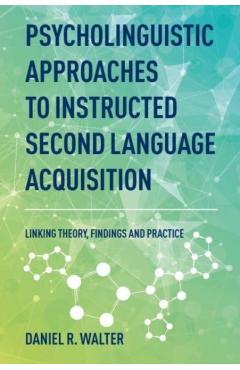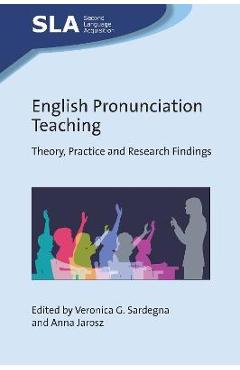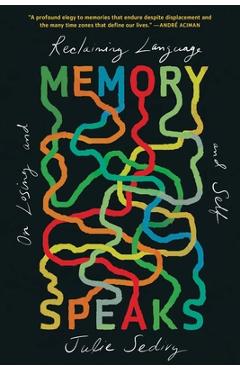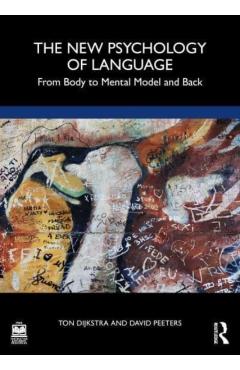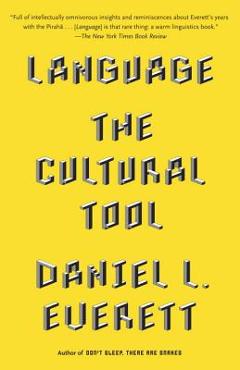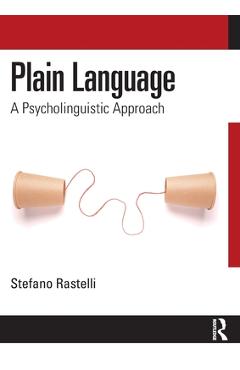The Bilingual Advantage in Executive Functioning Hypothesis: How the Debate Provides Insight Into Psychology's Replication Crisis
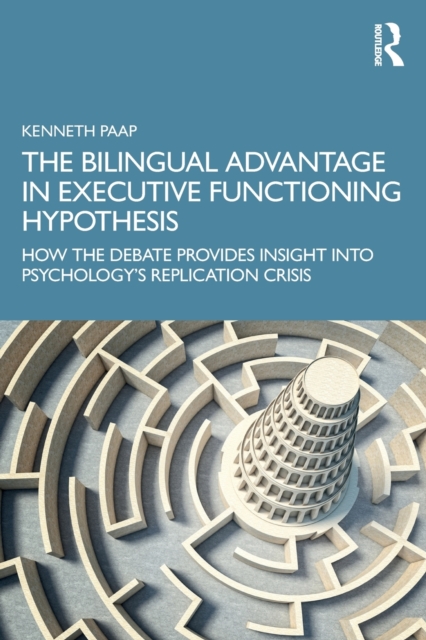
The Bilingual Advantage in Executive Functioning Hypothesis: How the Debate Provides Insight Into Psychology's Replication Crisis
The Bilingual Advantage in Executive Functioning Hypothesis is a ground-breaking book that explores one of the liveliest debates in bilingualism and cognitive psychology. It examines the hypothesis that using two languages leads to the enhancement of domain-general executive functioning (EF) and argues that either the bilingual advantage does not exist or is restricted to very specific circumstances. The conclusion extends to situations where EF is referred to as self-control, self-regulation, self-discipline, attention-control, impulse control, inhibitory control, cognitive control, and willpower.
The book explores the evolving core assumptions underlying the bilingual advantage hypothesis, framing the debate within the broader context of a replication crisis. It provides a critical review of seminal studies and meta-analyses and argues that the empirical evidence does not support a bilingual advantage on EF that is distinguishable from zero. Part I lays the foundation for the debate, providing the background needed to understand the state-of-the-art research on EF and bilingual language control. The next part then provides a detailed review of the empirical evidence triggering each iteration of the hypothesis. This includes new data that compares tests of the bilingual advantage hypothesis based on self-reports of cognitive control to performance-based measures of EF. A third theoretical part considers several explanations for why managing two languages may not enhance aspects of domain-general cognition.
This is essential reading for students and scholars in bilingualism, psychology, linguistics, languages, speech and hearing science, and related fields. It also serves as an excellent primary source for graduate courses on the bilingual advantage debate, and is useful for advanced undergraduate courses in psycholinguistics, cognition or bilingualism.
PRP: 426.04 Lei
Acesta este Pretul Recomandat de Producator. Pretul de vanzare al produsului este afisat mai jos.
383.44Lei
383.44Lei
426.04 LeiLivrare in 2-4 saptamani
Descrierea produsului
The Bilingual Advantage in Executive Functioning Hypothesis is a ground-breaking book that explores one of the liveliest debates in bilingualism and cognitive psychology. It examines the hypothesis that using two languages leads to the enhancement of domain-general executive functioning (EF) and argues that either the bilingual advantage does not exist or is restricted to very specific circumstances. The conclusion extends to situations where EF is referred to as self-control, self-regulation, self-discipline, attention-control, impulse control, inhibitory control, cognitive control, and willpower.
The book explores the evolving core assumptions underlying the bilingual advantage hypothesis, framing the debate within the broader context of a replication crisis. It provides a critical review of seminal studies and meta-analyses and argues that the empirical evidence does not support a bilingual advantage on EF that is distinguishable from zero. Part I lays the foundation for the debate, providing the background needed to understand the state-of-the-art research on EF and bilingual language control. The next part then provides a detailed review of the empirical evidence triggering each iteration of the hypothesis. This includes new data that compares tests of the bilingual advantage hypothesis based on self-reports of cognitive control to performance-based measures of EF. A third theoretical part considers several explanations for why managing two languages may not enhance aspects of domain-general cognition.
This is essential reading for students and scholars in bilingualism, psychology, linguistics, languages, speech and hearing science, and related fields. It also serves as an excellent primary source for graduate courses on the bilingual advantage debate, and is useful for advanced undergraduate courses in psycholinguistics, cognition or bilingualism.
Detaliile produsului









